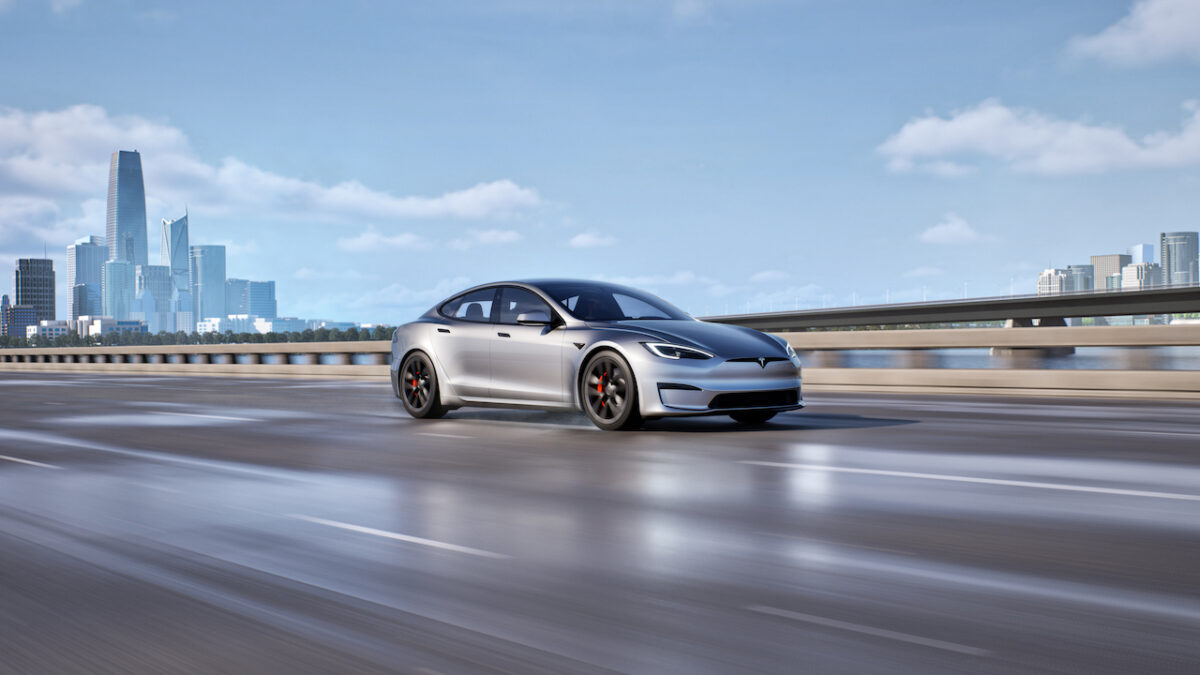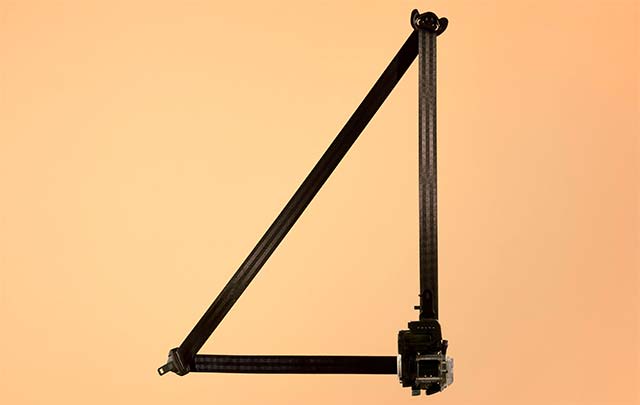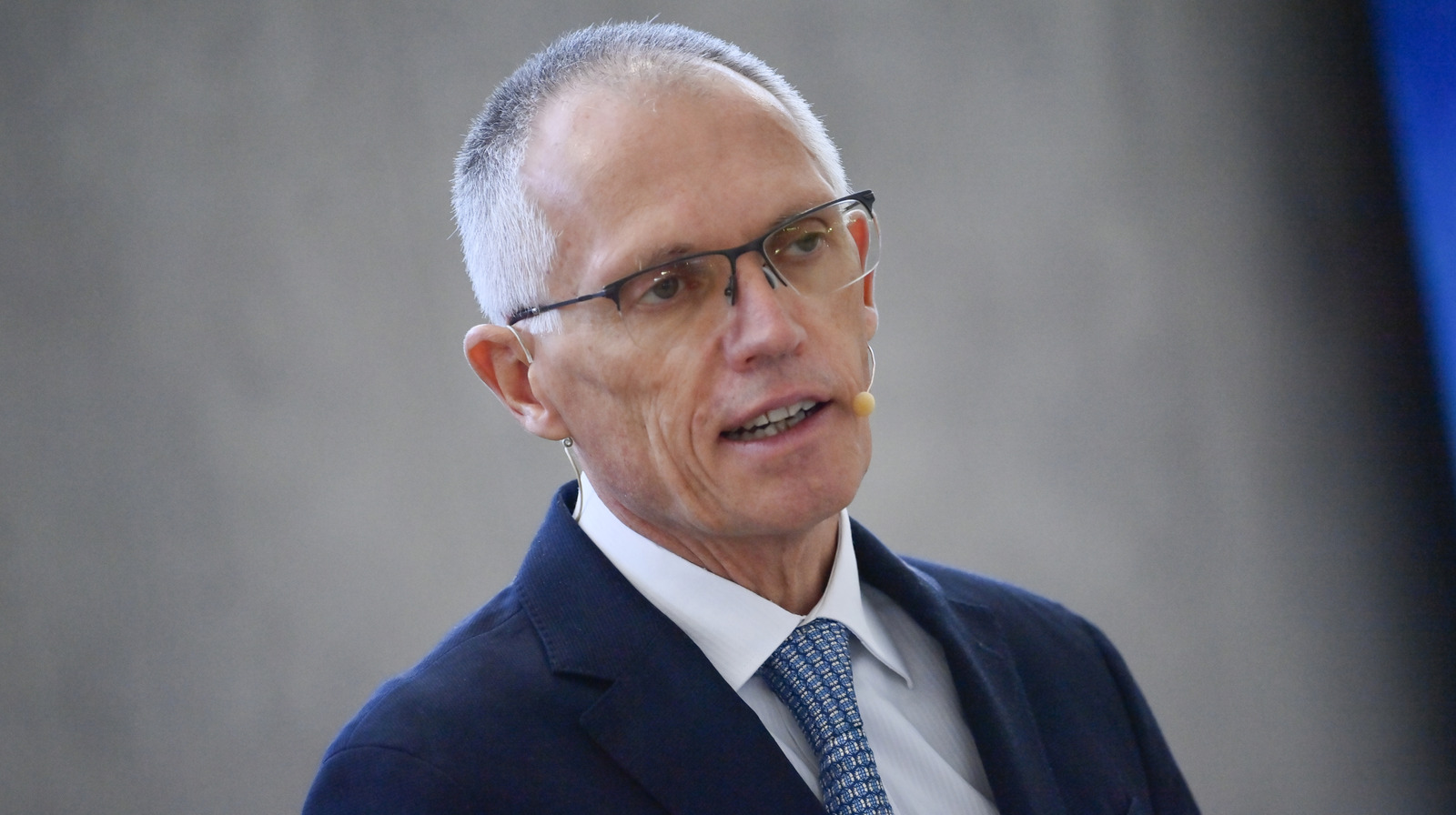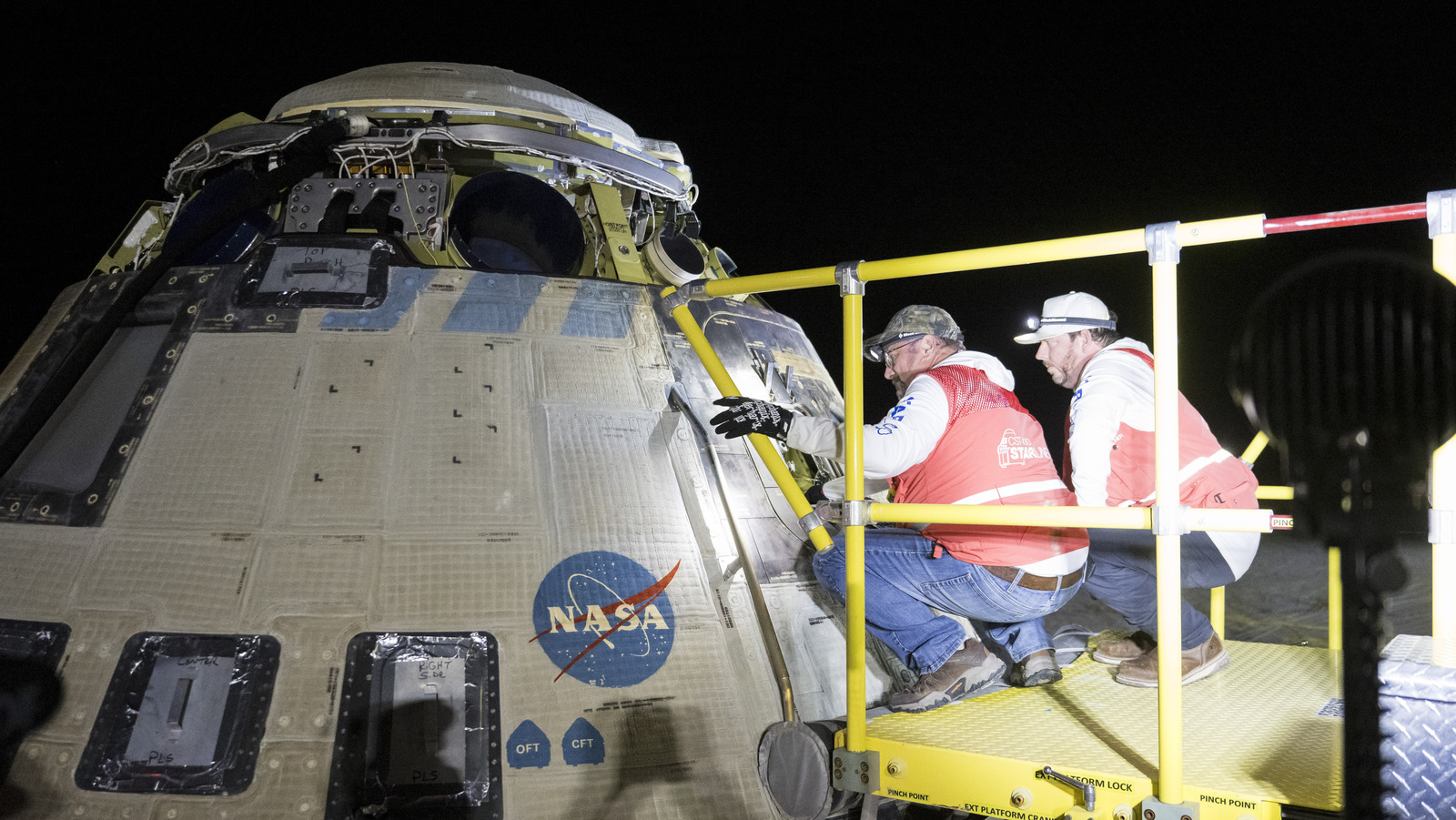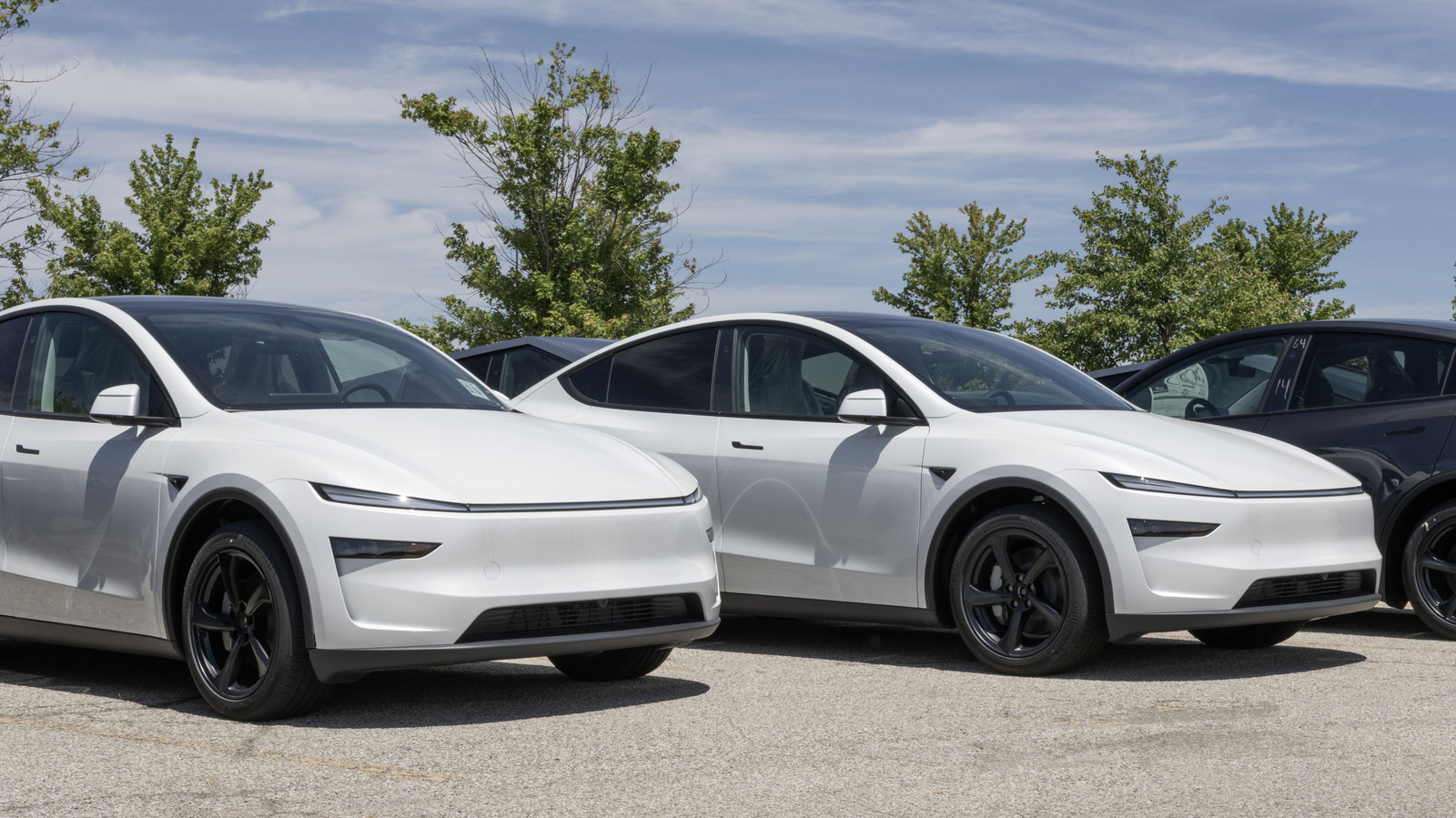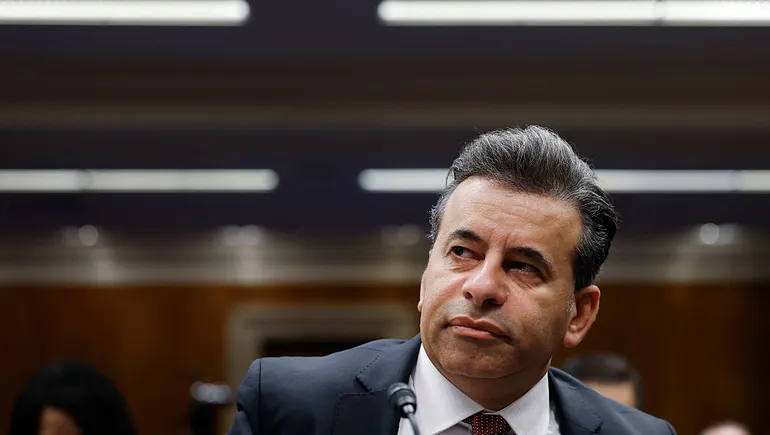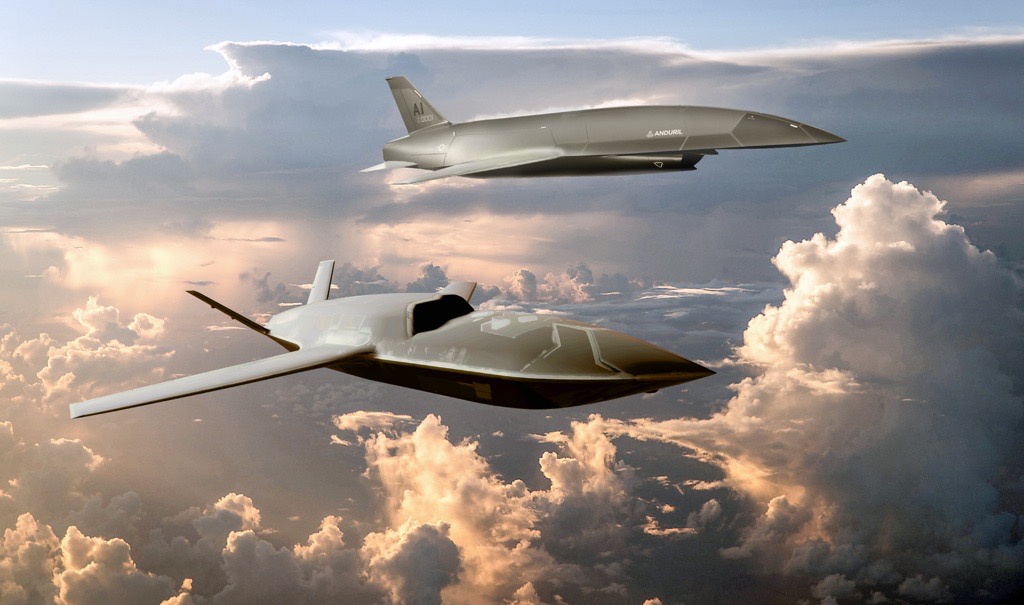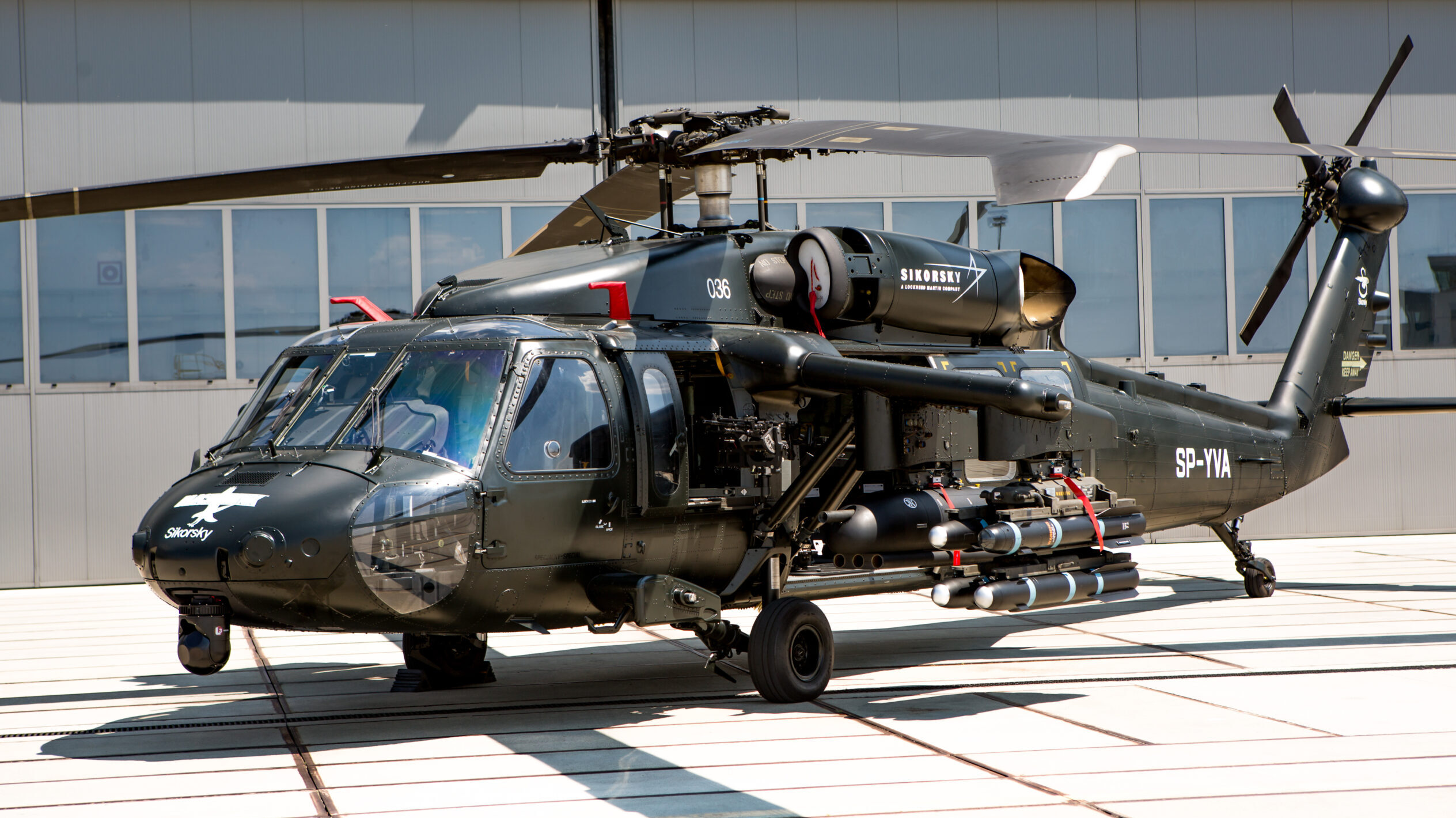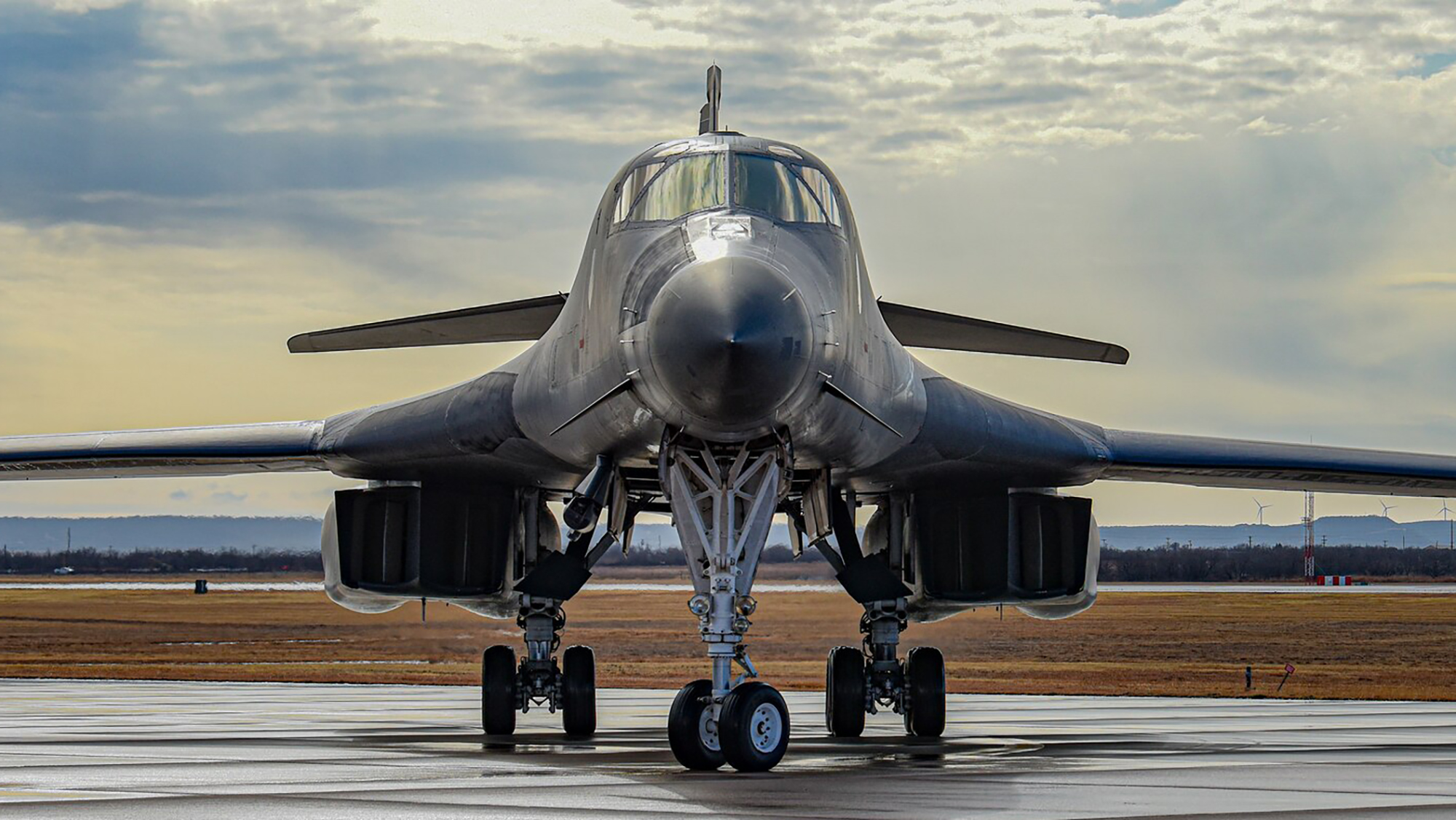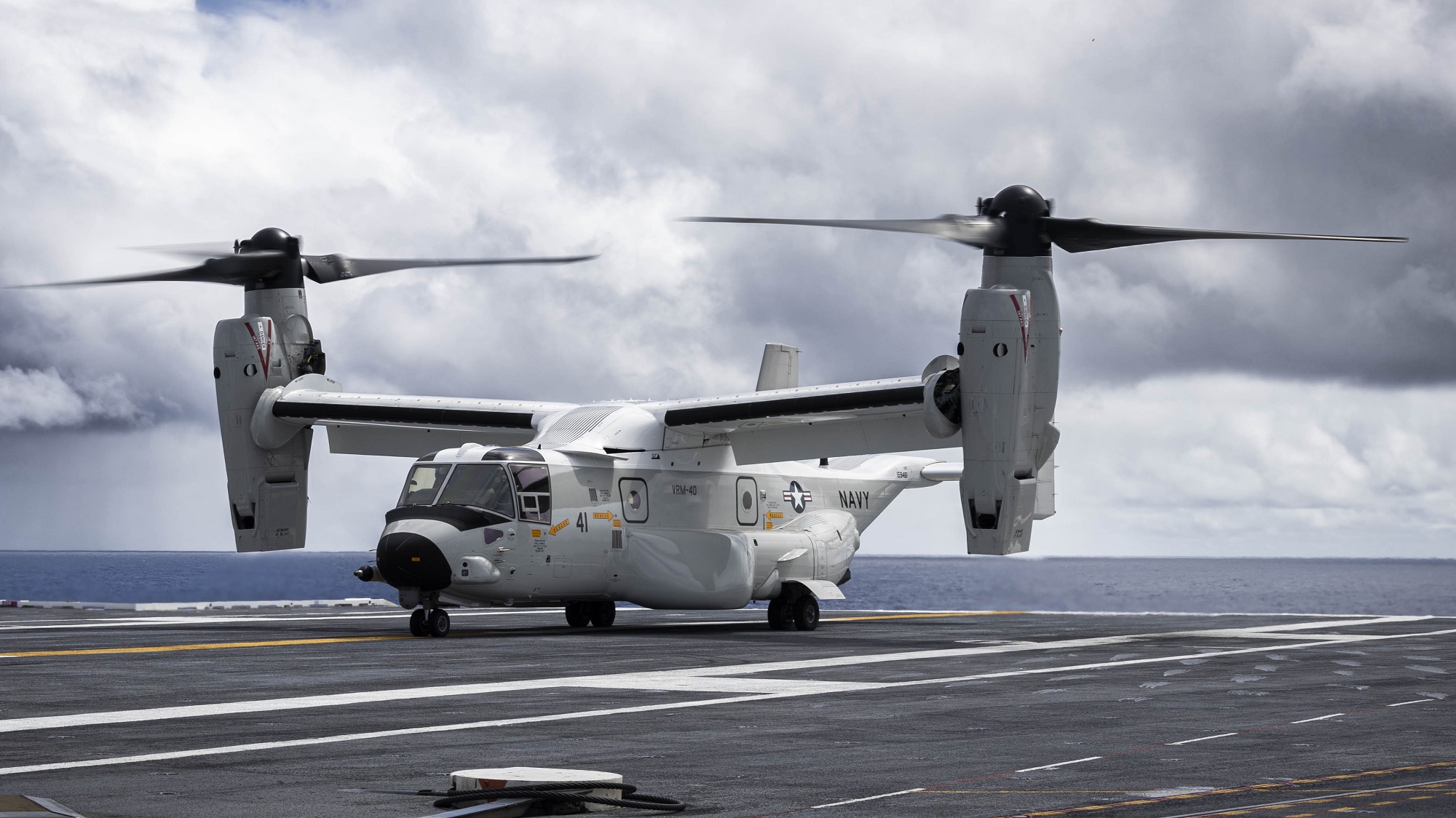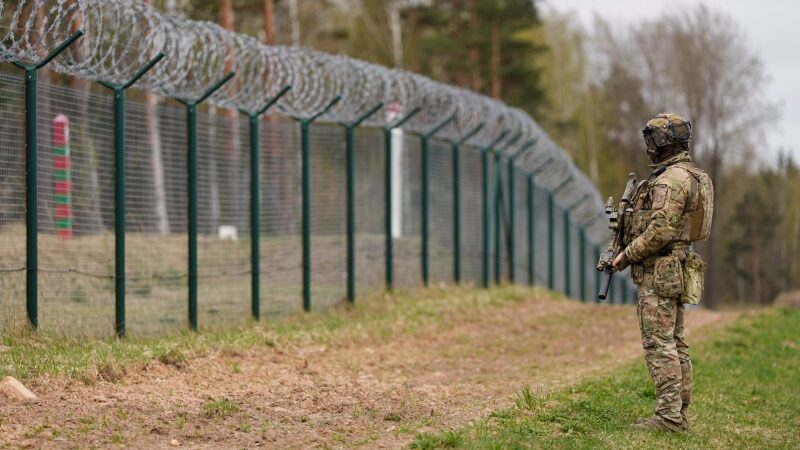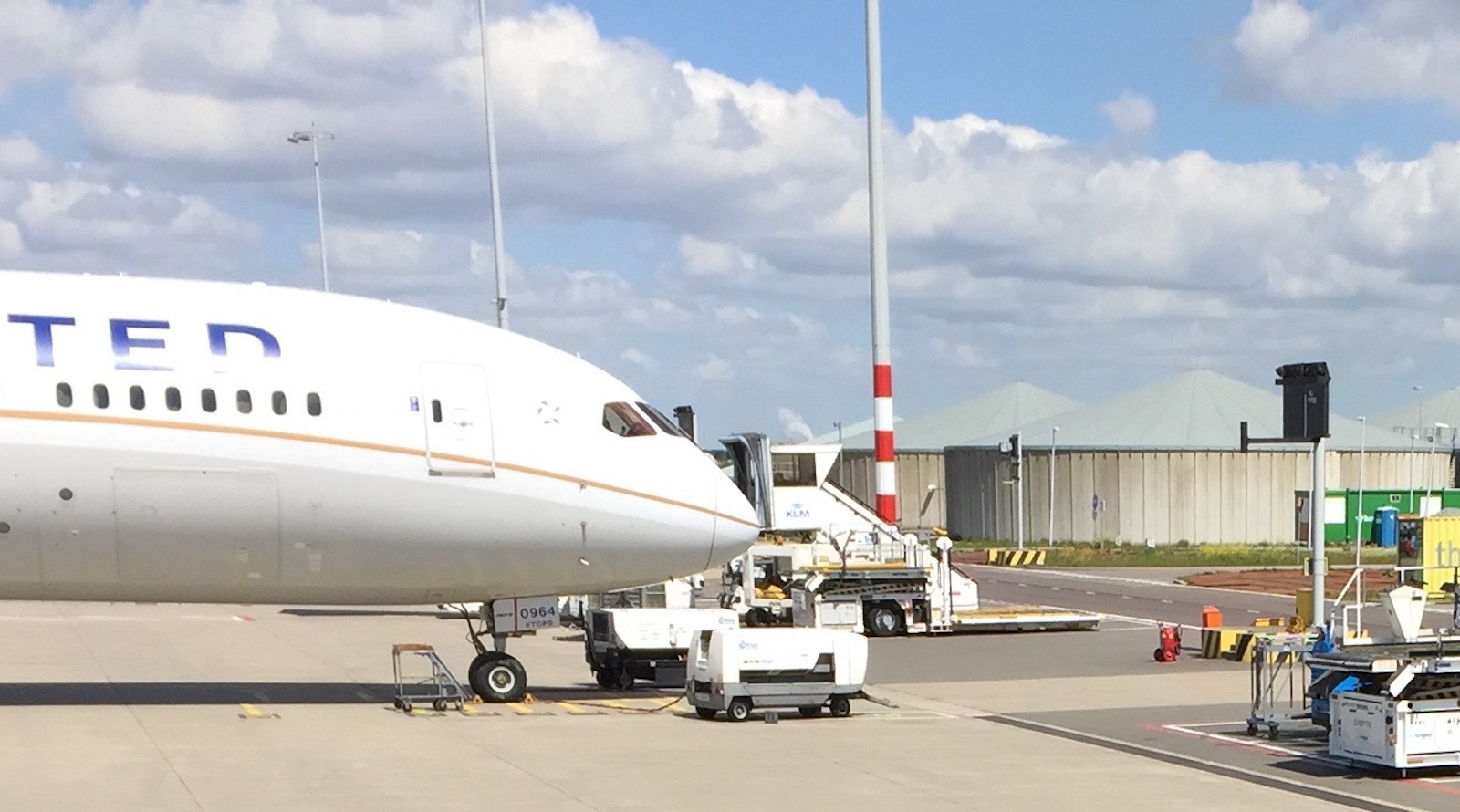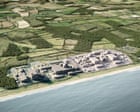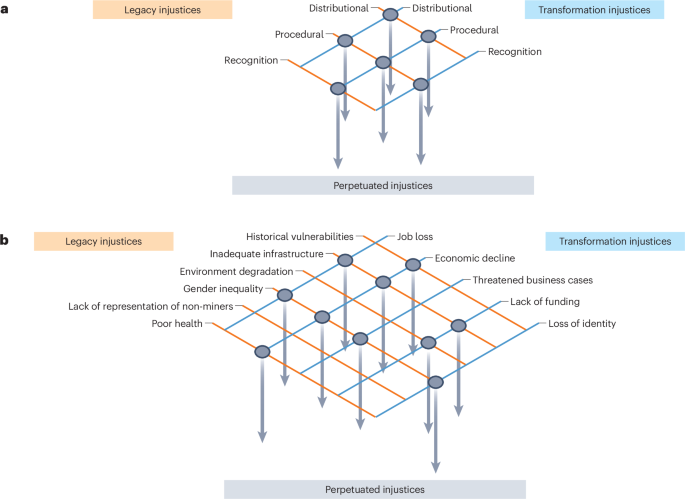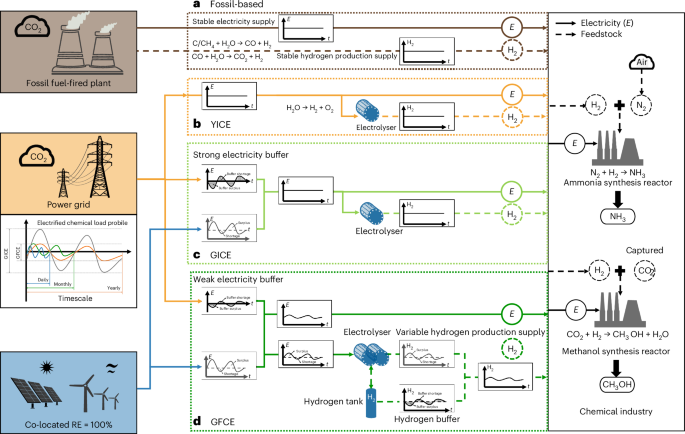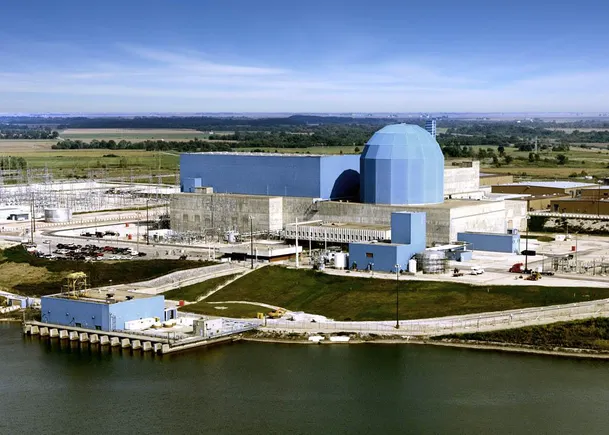At Shangri-La, one question dominated: Where is China?
China has not explained why its defense minister did not attend. Interestingly, there was little speculation at Shangri La about whether he had been investigated, arrested or just disappeared, as has happened with three of his predecessors.


SINGAPORE, SINGAPORE – MAY 31: U.S. Secretary of Defense Pete Hegseth prepares to speak in the first plenary session of the 2025 Shangri La Dialogue entitled “United States’ New Ambitions for Indo-Pacific Security.” Organized by the International Institute for Strategic Studies, the annual conference brings together senior defense officials to debate and discuss global and regional security challenges. (Photo by Yong Teck Lim/Getty Images)
SINGAPORE — The loudest sound at this year’s Shangri-La Dialogue was the relative silence from China.
In some ways, the annual gathering of regional security leaders and wonks is based around the simple fact that it gets China and the US in the same place, at the same time, sometimes for a series of official meetings, more often for sideline interactions. So the decision by Beijing not to send its defense minister was the absolute talk of the conference, with many left trying to puzzle it out.
Which is why Breaking Defense asked around. Over a dozen delegates — those who get the privilege of attending the speeches in person and, if lucky, to ask a question directly — agreed to share their thoughts without attribution. And the big takeaway?
No one really had an answer.
Several regional diplomats said they were puzzled by the absence of the Chinese defense minister and wondered why the PRC sent a relatively low-level delegation of colonels and the head of their National Defense University, Rear-Adm. Hu Gangfeng.
In a short appearance on a panel — instead of making an hour-long appearance as the defense minister traditionally has — the admiral pushed back on comments from US Defense Secretary Pete Hegseth and generally repeated China’s usual statements about peaceful development. He claimed it was normal procedure for China to send leaders of varying seniority. “Objectively speaking, I’m the appointed person today to convey our thinking and exchange views with you all,” he said during his panel.
Interestingly, there was little speculation at Shangri La about whether the defense minister’s absence was because he had been investigated, arrested or just disappeared, as part of an ongoing series of removals of top military leadership that dates back to 2023.
Those purges seem to be ongoing: Defense Minister Adm. Dong Jun was investigated at the end of last year. And in the last few weeks, Miao Hua, director of the Political Work Department at the Central Military Commission (the CMC actually runs the military), was reported to be suspected of having committed “legal violations,” and he appears to have been removed from office. On top of all that turmoil near the top of the Chinese military, the second-highest ranking member of the CMC and a member of the Politburo, He Weidong, has not been seen in public for the past two months.
One delegate said he thought China effectively stayed away from Singapore because they “don’t know how to counter Hegseth’s arguments.” That’s interesting, as Hegseth’s comments were largely in line with those of previous US defense secretaries who make the argument that the US is a regional unifier, while China seeks only to dominate.
Hegseth, told the almost 600 delegates who packed the hall for his speech, the first of the Saturday morning, that the futures of nations in the Indo-Pacific “are bound together.” He told them “we share your vision of peace and stability, of prosperity and security. And we are here to stay.”
Then he delivered the stinger in the tail, noting “that we are here this morning, and somebody else isn’t.”
Perhaps the most intriguing comments on relations between China, the United States and the many medium and small countries scattered across the Indo-Pacific were made by Singapore’s new defense minister, Chan Chun Sing, in his first appearance as minister at the dialogue.
In the last event of the conference, Breaking Defense asked the panel of Chan, Papua New Guinea’s Defense Minister Billy Joseph and Swedish Defense Minister Pal Jonson how countries can influence China to respect international law and cease trying to impose its illegal claims to large portions of the South and East China Seas, among other bodies of water.
Chan offered an eloquent argument that small countries had to succeed first and decide what principles they would adhere to and how they would pursue those principles.
“There have been instances whereby the rules on the freedom of navigation has been violated, and we have objected. People have asked us, aren’t you afraid that you will be penalized by these bigger powers because you didn’t support the opposition? Of course, there are risks, but there is a greater risk that when principles are not upheld by countries big and small, we live in a more dangerous world,” Chan said in response.
“It is in the interest of all of us to work with China, and it is also in the interest of China to work with everyone else in the world. It is in the interest of all of us to better, deeper understand China’s fears, concerns and aspirations, just as it is important for China to understand how the rest of the world perceives China,” Chan continued.
In a quiet dig at China’s defense minister’s failure to attend the dialogue, he averred that “if China perceives that the world does not respect China sufficiently, or does not understand China sufficiently, then it is incumbent upon China to use every opportunity possible, including the Shangri-La Dialogue, to get his voice heard, to make clear his stance, and to help others to understand why he is doing what it is doing.”
If China and its neighbors do not do that, then the world could, the new defense minister said, face “a situation whereby either side misinterpret or miscalculate or misrepresent each other’s position. And that is dangerous. That is dangerous.”
Chan’s comments, which went on for almost five minutes, were met with quiet attention from the crowd
While China certainly drove much of the discussion at the dialogue, other issues were discussed beyond the speeches, especially the regional effects of US President Donald Trump’s tariffs. Six diplomats and military officials all told Breaking Defense they viewed the imposition of large tariffs on China and the president’s subsequent walking back with great caution.
The consensus was that Trump would probably accept much lower tariffs than he has threatened, but they all pointed carefully to the effects of uncertainty on their policymaking. Some of America’s closest allies in the region, including Australia, have had tariffs levied on them, even as they run a positive trade balance with America and boast extraordinarily close relations for decades with the US.


















